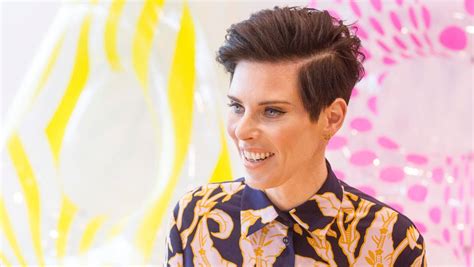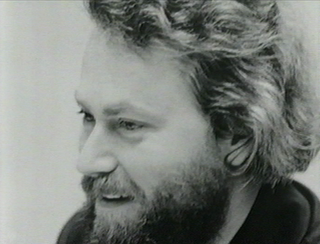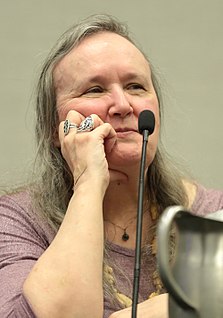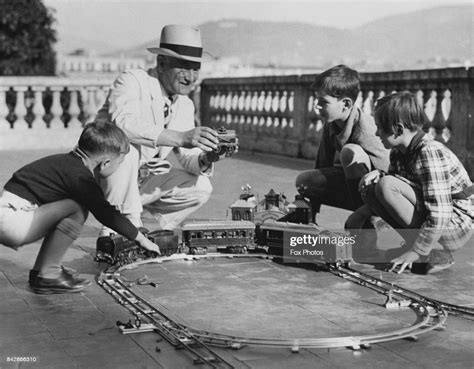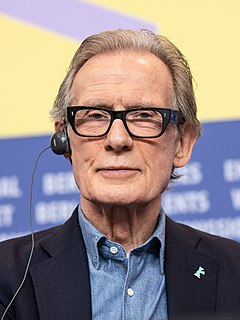A Quote by Robert Cormier
I use a lot of similes and metaphors when I work, simply because it's my best way of describing a building or a scene. I'm terrible at describing landscapes - trees, buildings. The inanimate things don't interest me: I always think, "Oh, no, here comes another building I have to describe." So I usually use a simile or metaphor.
Related Quotes
We have become so quick and effective in building things today. It would be easy to build another Pyramid of Giza or another Great Wall. But these buildings haven't withstood the test of time because of their building quality. They stand tall because they have a symbolic value, they represent a culture.
Infrastructures of power always inhabit the surface of the earth somehow, or the skies above the earth. They're material things, always, and even though the metaphors we use to describe them are often immaterial - for example, we might describe the Internet as the Cloud or cyberspace - those metaphors are wildly misleading.
When you are developing your style, you avoid weaknesses. I am not good at describing things, so I stay away from it. And if anyone is going to describe anything at all, it's going to be from the point of view of the character, because then I can use his voice, and his attitude will be revealed in the way he describes what he sees.
Never use a metaphor, simile, or other figure of speech which you are used to seeing in print. Never use a long word where a short one will do. If it is possible to cut a word out always cut it out. Never use the passive voice where you can use the active. Never use a foreign phrase a scientific word or a jargon word if you can think of an everyday English equivalent. Break any of these rules sooner than say anything outright barbarous.
There's an economy in sports that I always think is a useful metaphor for acting. You have an objective. You're trying to win, and of course, you want to do well. You want to use good techniques so you enforce it, but also you don't do things you don't have to do. It's very economical, and I think that in acting the most economical way through a scene is always the best. It's active. There is the sense of the fight and you want to win.





